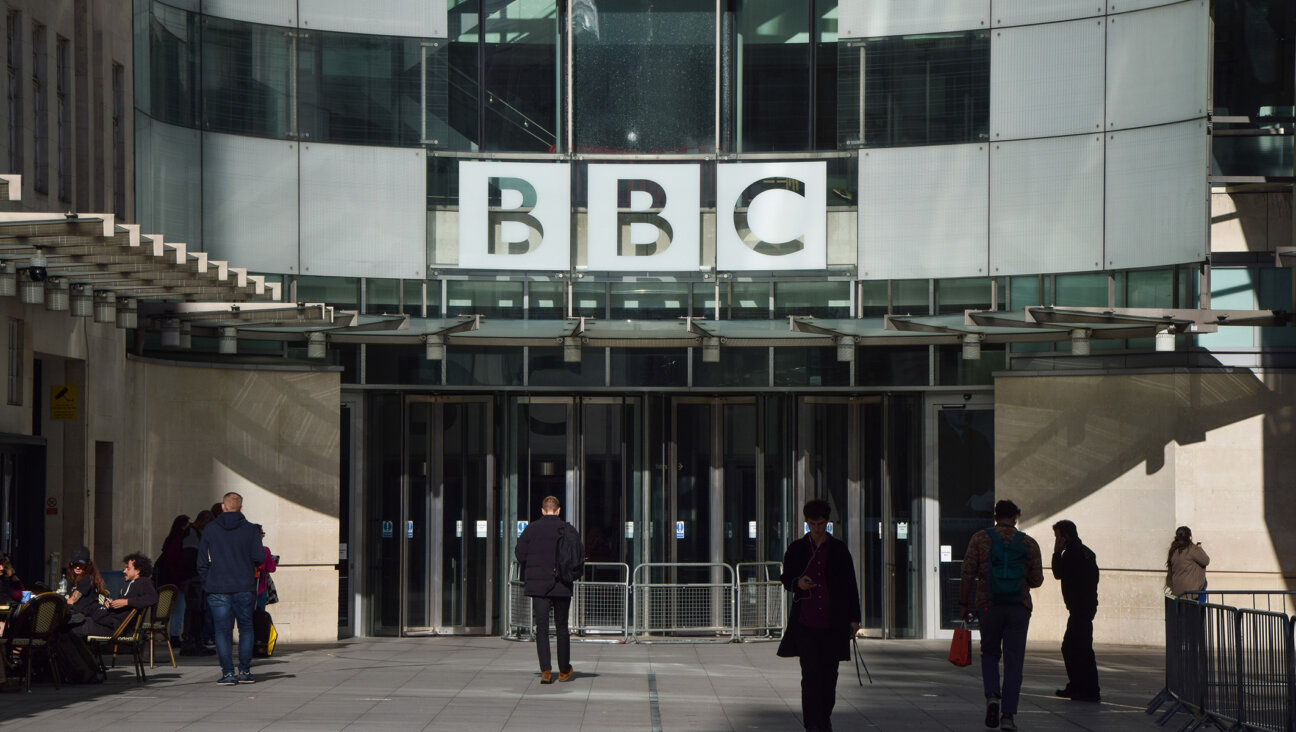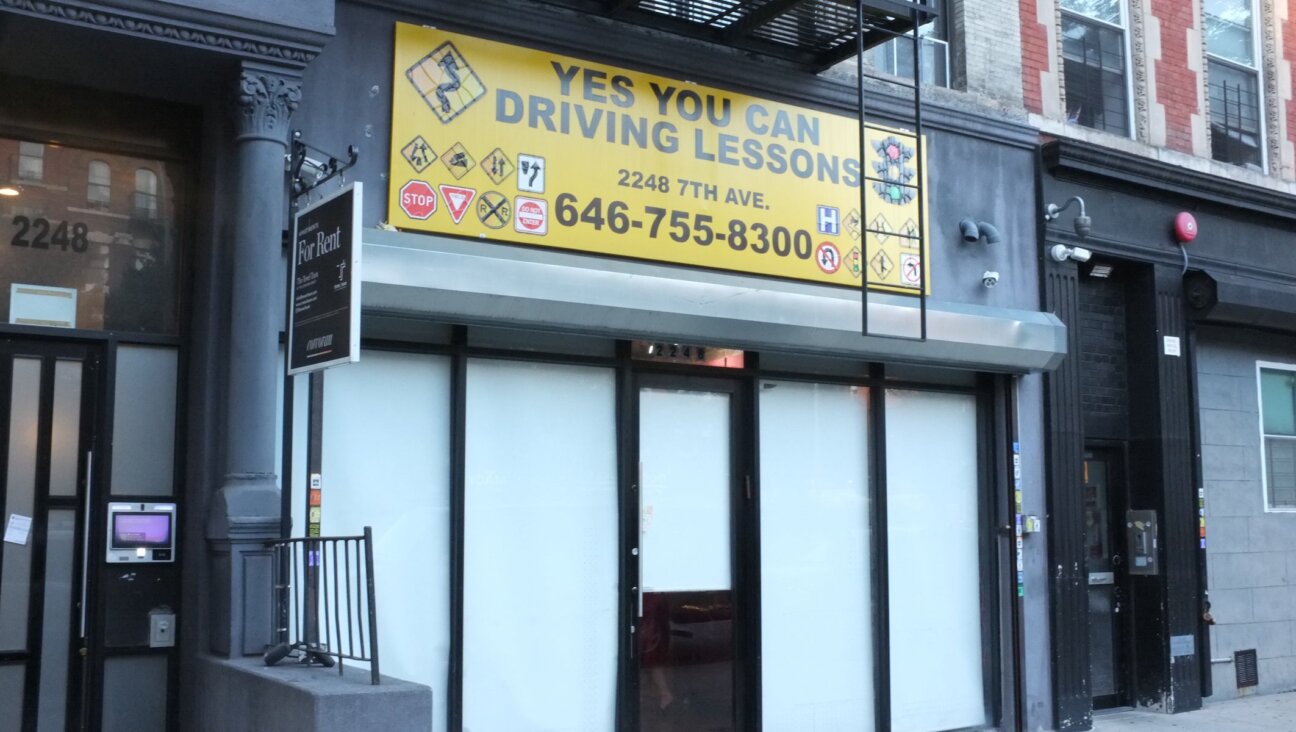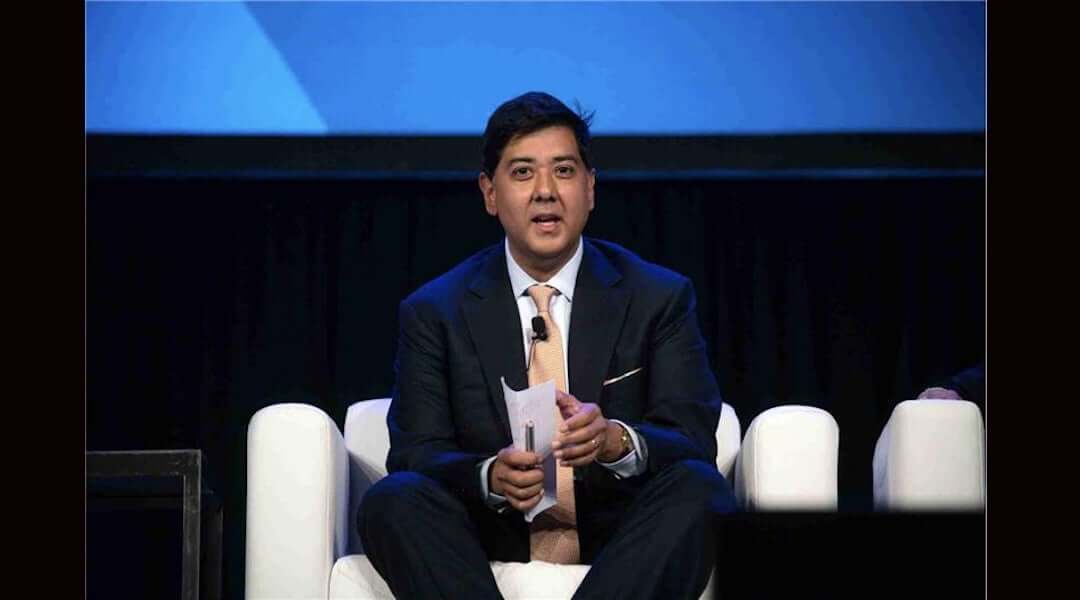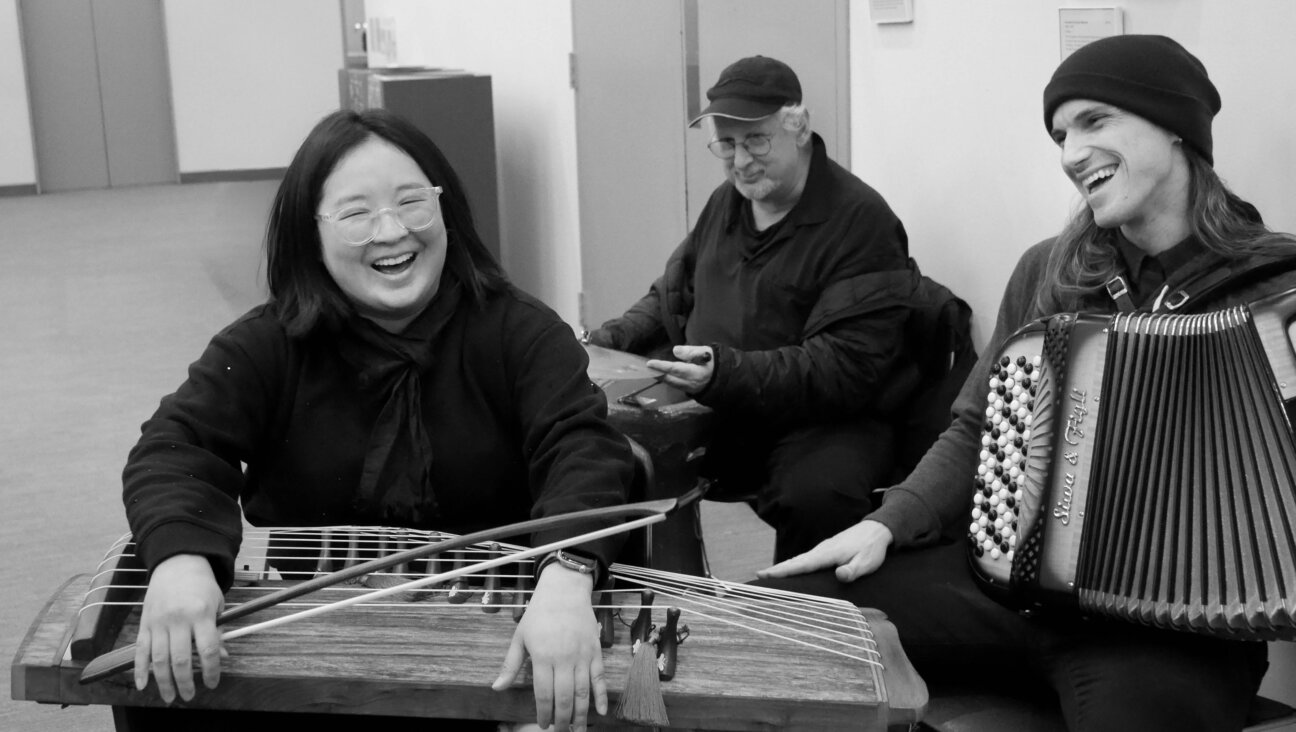East Jerusalem Soccer Field Tells Story of City Divided

Image by Getty Images
It is dry, grey and uneven, but to the boys of Silwan, a Palestinian neighborhood clinging to a hill behind Jerusalem’s Old City, their pint-sized football pitch, with its cracked surface and simple goalposts, was a precious refuge.
Then the cracks began to widen.
Two months ago, the football coach and residents decided to close the pitch, the last in Silwan’s Wadi Hilweh area, worried the ground was about to collapse. The 50-strong youth soccer league was suspended.
Next to the 20-meter by 30-meter pitch stands a fenced-off archeological site managed by Elad, a wealthy, conservative Israeli settler organization digging for evidence that the ancient city of King David once stood where Silwan now stands.
“What’s happening with the excavations is terrifying,” said the football coach, Noor Krameh, 23. “We were afraid (the ground) was going to collapse, so we decided to move the kids.”
Elad said its work was not responsible.
Across the road, in a clubhouse that is more of a shed – a punch bag on the floor and a picture of a Palestinian youth said to have been killed by Israeli forces on the wall – local teens now while away the early summer days in boredom.
When the football pitch was closed, they initially moved their games to the streets. But Jewish settlers kicked up a fuss, the boys said, so now they hang around the clubhouse watching music videos, their irritation rising.
“They took the houses and they’re taking the streets,” Mohammed Qaq, 17, said of the settlers, who began to move into Silwan in the 1990s, occupying houses that in many cases were bought from Palestinians by Elad for vast sums of money.
BATTLE FOR SPACE
Tensions have always been high in Silwan, where around 200-300 settlers, most of them protected by armed Israeli security, live among an estimated 30,000 Palestinians.
But it’s not just religious friction that haunts the neighborhood, it’s a lack of space. Silwan is the closest Palestinian district to the Old City, spread across three or four narrow, winding streets set on a steep hill.
Permits to build are almost impossible for Palestinians to obtain. At the same time, Elad has several excavation sites in the area and has built a vast tourist center, called the City of David, at the top of the hill.
Residents said the excavations near the pitch had been going on for years but had stepped up over the past year. Sami Qrahein, 42, who lives nearby, said workers were at the site for up to 15 hours a day, hauling out dirt.
Locals say a municipal work crew arrived with private armed guards two weeks ago and dug up the middle of the field while an Elad employee threatened residents who protested.
An Elad spokesman said the work was done “in coordination with local residents” to repair a sewage line that was leaking onto an archeological dig popular with tourists.
A line of loose dirt runs across the middle of the field now. Organizers, worried the work has damaged the pitch further, are considering canceling an annual summer camp held there that attracted more than 100 kids last year.
Rather than its excavation, an Elad spokesman said illegal Arab construction had caused “widespread infrastructure problems,” and noted the Israeli Supreme Court in 2009 rejected claims Elad’s excavations were destabilizing homes.
Locals said digging had picked up since then. Earlier this year, a family had to move out of their home after the kitchen and bathroom began to fall away. Dozens of families complained of damage to their homes and the noise of constant digging.
Elad recently overturned another court case that had sought to limit the size of another visitor center it plans to build near the main City of David site.
Silwan’s residents fear for the future. With more than 80 percent living below the poverty line, more locals may be tempted to sell their homes to settlers and leave.
For the moment though, the frustrated clubhouse boys just want somewhere to play football.—Reuters














